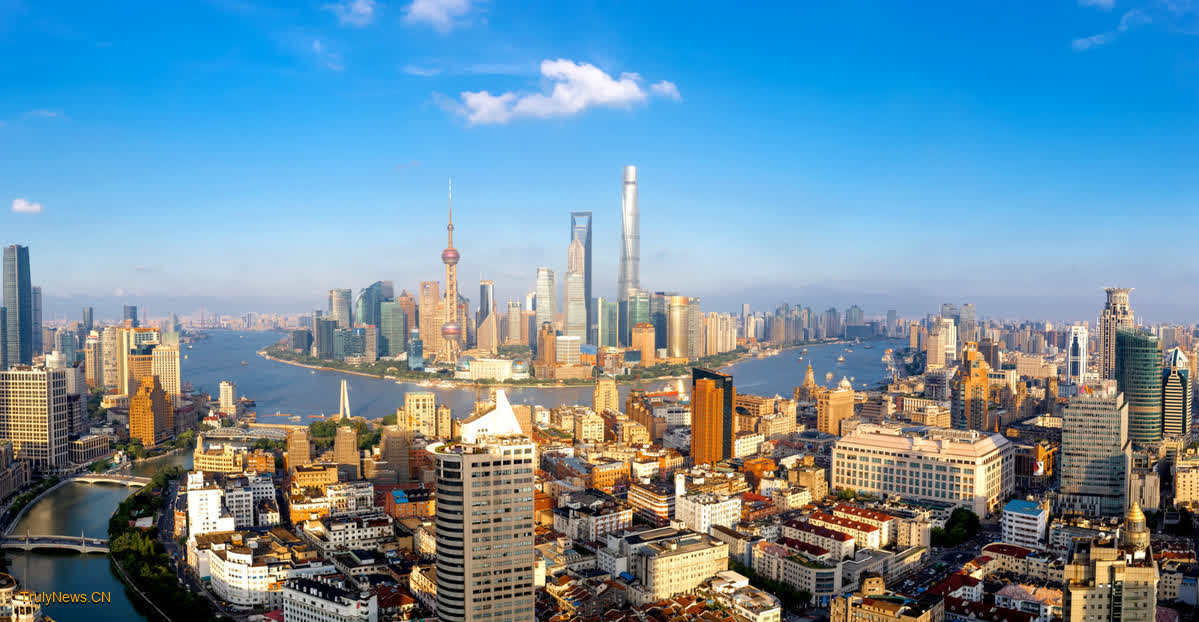
China is capable of achieving this year’s expected economic growth target of around 5 percent and will have significant potential, strong momentum and a long-term positive trend for its future development, said Zhao Chenxin, deputy head of the National Development and Reform Commission, China’s top economic regulator.
Zhao emphasized that as the world’s second-largest economy, China has developed a solid foundation through long-term development. “From an industrial perspective, China is the only country that encompasses all industrial categories defined by the United Nations. The value added output of manufacturing industries accounts for approximately 30 percent of the global total, maintaining the world’s top position for 14 consecutive years. The scale and supporting capabilities of our industrial system are outstanding.
“In terms of domestic demand, China has a population of over 1.4 billion, providing a vast market advantage. We are advancing digital industrialization and industrial digitization, accelerating the green and low-carbon transition of industries, which will generate substantial market demand.
“Additionally, our research and development investments and high-tech industry investments continue to grow rapidly, creating favorable conditions for developing new quality productive forces. The country also has the world’s largest pool of human resources, transitioning from a demographic dividend to a talent dividend.”
He made the remarks during the two-day Eighth Global Think Tank Summit that ended on Friday in Beijing. The China Center for International Economic Exchanges was a major host.
Zhao noted that in recent years, China’s contribution to global economic growth has consistently remained around 30 percent, making it a major engine driving global growth.
“China will continue to promote high-standard opening-up, steadily expand institutional openness in terms of rules, regulations, management and standards, proactively align with high-standard international economic and trade rules, attract and utilize foreign investment with stepped-up efforts,” Zhao said.
Experts at the conference took stock of the current challenges worldwide, including global geopolitical instability, high inflation, increasing debts and frequent trade frictions, with many economies struggling with growth.
Zeng Peiyan, former vice-premier of the State Council and founder of the CCIEE, said that the new wave of technological and industrial revolutions led to advancements in artificial intelligence, digital economy, new energy, biomedicine and low-carbon technologies, which brings opportunities of development.
To achieve growth, he called for efforts from economies to adhere to openness and inclusiveness, collectively oppose technological fragmentation and decoupling, uphold equality and cooperation, and jointly safeguard free trade and the multilateral trading system.
Yi Xiaozhun, former deputy director-general of the World Trade Organization, noted that some major countries have been implementing various unilateral protectionist measures under the guise of national security concerns, thus violating WTO rules.”They are promoting (economic) decoupling in a political way,” he said.
In light of this, Yi called for efforts from major economies to rationally handle the relationship between national security, openness and development. He said that major economies should adhere to WTO rules and resolve trade disputes within the multilateral trading framework.